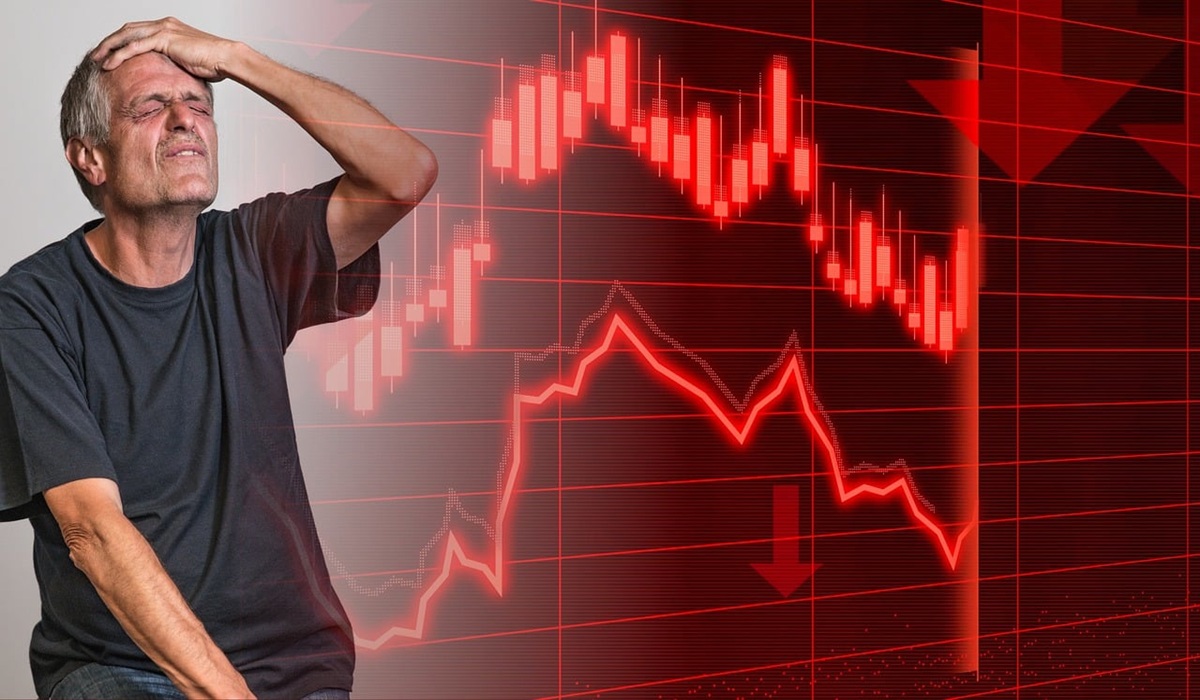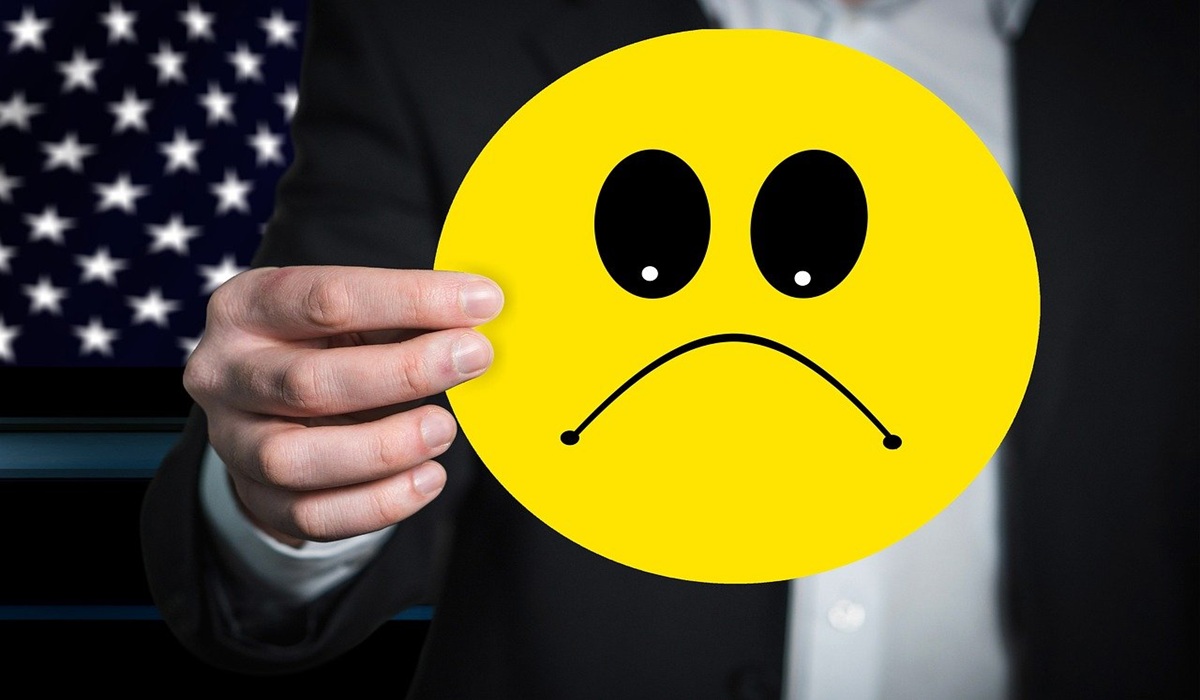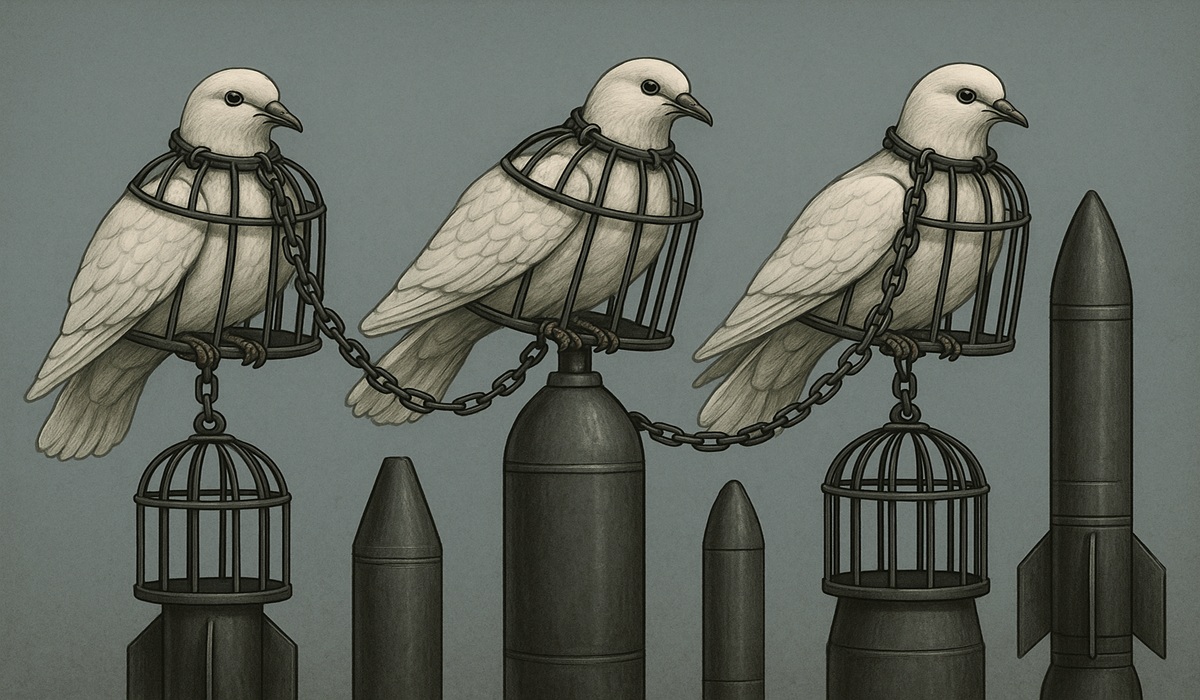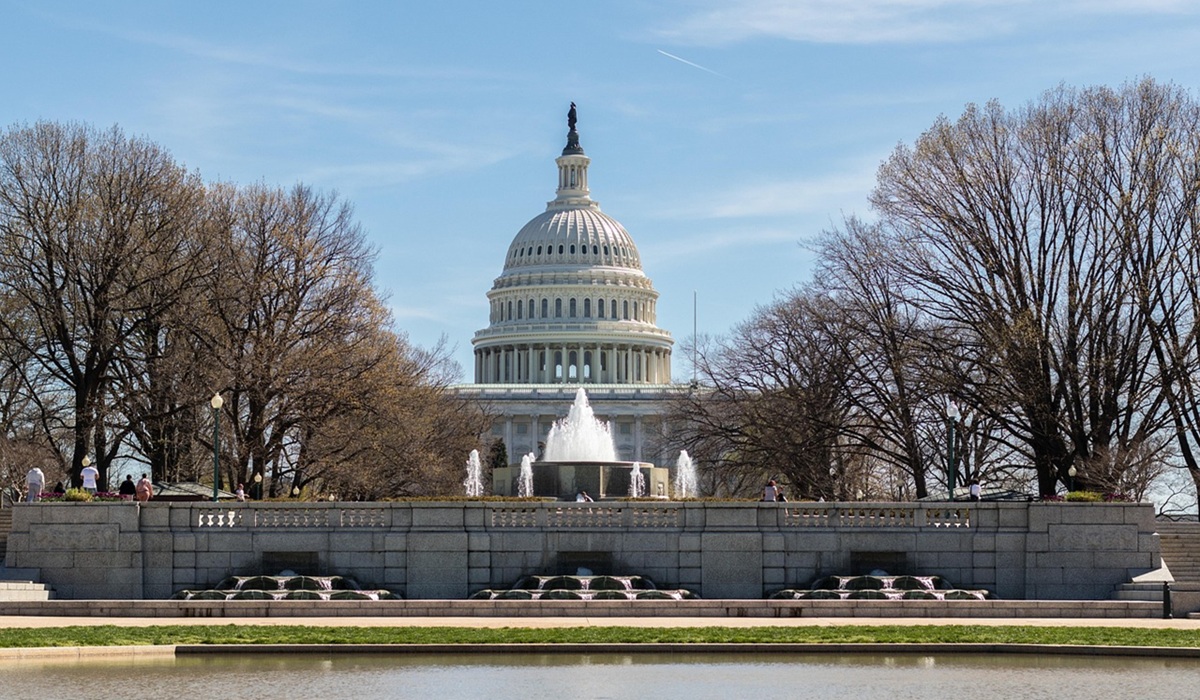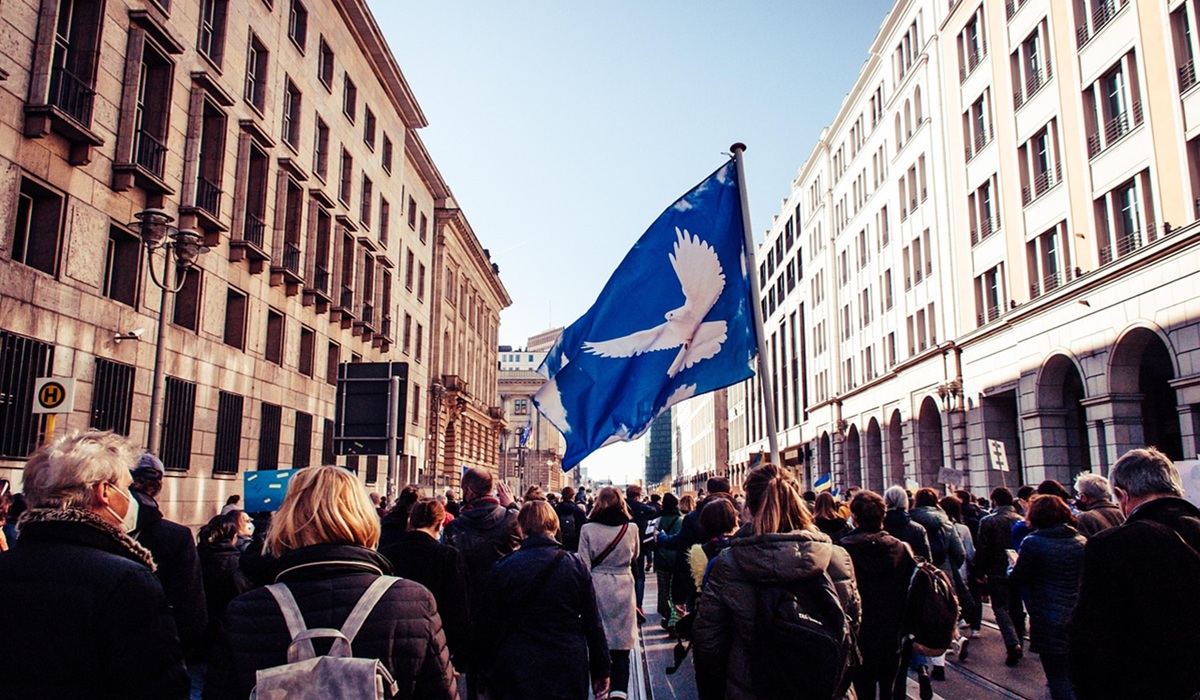Memphis Feels Safe Again — Why Some Black Americans Are Crediting Trump
- Kingston Bailey
- U.S.A
- October 14, 2025

Image Credit: Clay Banks
For the first time in years, parts of Memphis, Tennessee, feel quiet — almost too quiet. In neighborhoods that once echoed with sirens, gunfire, and the constant buzz of tension, residents are describing something unfamiliar: peace. Streets that were once considered war zones now carry the sound of laughter, church bells, and children playing outside again.
And the unlikely figure at the centre of this shift, they say, is President Donald J. Trump.
When Trump ordered the deployment of the National Guard to Memphis, it was met with predictable outrage from Democratic leaders and skepticism from civil rights advocates. But for many ordinary residents, especially in the Black community, it was received as something far simpler — long-overdue protection.
The federal presence in Memphis has not been subtle. Checkpoints, patrols, and a no-nonsense enforcement style have created an environment that feels like martial law to some, but like justice to others. Those caught with illegal firearms, suspended licenses, or open warrants aren’t being warned — they’re being arrested. Federal prosecutors are processing charges that used to fall through the cracks of a backlogged local system.
And the results, at least on the surface, are undeniable. Within weeks, locals reported a visible reduction in shootings, carjackings, and gang activity. Social media has become a flood of short video clips and posts celebrating what many describe as “the first time in a long time they can walk their streets without fear.”
It’s rare for residents of a city to feel policy shifts in real time. But Memphis did. Businesses that once closed at dusk are staying open later. Mothers are no longer pacing at the window waiting for their children to return from school. Taxi and rideshare drivers say fares have increased because people are finally venturing out again.
Whether one praises Trump or not, the tangible feeling of safety is the measure people are using — and it’s one they can feel in their bones.
“I don’t care what party you support,” one barber from South Memphis said in an online post, “I just know when I walk home, I don’t hear shots anymore. I don’t see the same faces hanging on the corner.”
For many, that’s enough. And that’s why the praise is flowing from an unexpected place — the very communities that historically have not supported Trump or the Republican Party.
Memphis, like many American cities, has battled violent crime for years. Poverty, failing schools, and lack of opportunity created a cycle of despair that turned many neighbourhoods into recruitment grounds for gangs. Local law enforcement, overwhelmed and under-resourced, was often accused of being too lenient or too slow. Court systems rotated repeat offenders back onto the streets within days.
Now, that dynamic has been shattered. The federal government’s involvement means harsher sentences, no plea bargains, and in many cases, direct transfer to federal facilities. The change has restored a sense of consequence — a concept that many residents say had been missing for decades.
The irony is that this renewed faith in authority comes from a man who, for years, was accused of undermining it. But politics aside, even Trump’s harshest critics admit something shifted. His zero-tolerance order sent a clear message: the federal government was willing to do what local governments could not.
And yet, this is where the story becomes complicated. Because while the results in Memphis are being felt — and, to many, celebrated — the selectivity of the intervention has also exposed the political underbelly of the move.
Trump’s deployment of the National Guard has almost exclusively targeted Democratic-run cities: Memphis, Chicago, Baltimore, Detroit, Philadelphia, and others on the federal watch list. The administration’s justification is that these areas have the highest crime rates — and statistically, they do. But the optics tell another story.
By focusing solely on blue states and Democratic strongholds, Trump’s actions have deepened the partisan divide. Many Republicans see this as a show of strength, a promise kept to “restore law and order.” But to Democrats — and even some moderates — it feels like punishment, a political weapon used against opposition-run jurisdictions.
And this is where Trump, for all the effectiveness of his policy in Memphis, loses half of America. Because crime is not a partisan issue. There are plenty of red states with rising violence — Oklahoma, Louisiana, Texas, and parts of Florida — yet no National Guard deployments there. The silence in those regions exposes what critics call a selective crusade.
If Trump had applied the same standard across the board — if he had sent the Guard into every state experiencing high levels of crime regardless of party colour — it might have redefined his presidency as one that truly put “America First.” Instead, the narrow targeting reinforces the idea that politics, not principle, drove the decision.
There’s little doubt that Trump’s move is both strategic and sincere. On one hand, it plays to his base — those who believe America has become too soft on crime. On the other, it’s a genuine reflection of his long-held belief that public order is the foundation of prosperity.
Supporters argue that his willingness to take bold, unpopular steps is what separates him from typical politicians. They point out that while others talk about reform, Trump acts — and in Memphis, that action saved lives.
Critics counter that heavy-handed enforcement without social investment is a temporary fix. When the soldiers leave, the problems return. Without addressing poverty, education, and opportunity, the city risks reverting to the same instability that prompted the crackdown in the first place.
Still, for those living in Memphis right now, that’s tomorrow’s problem. The immediate sense of safety outweighs theoretical debates about motive. People are living without fear, and that, in itself, feels like a form of liberation.
Residents describe a “fear of God” that has returned to the city’s underworld. Drug dealers are quieter, gang recruitment has slowed, and those who used to flaunt their defiance now avoid eye contact with patrols. It’s not just the physical presence of soldiers; it’s the certainty of consequence.
For years, the absence of accountability bred impunity. But today, even the most hardened criminals seem to believe the federal system means business. Word travels fast in the streets, and the new message is clear: you will get caught, and you will do real time.
Yet, this same fear has drawn concern from community advocates who warn that sweeping arrests and militarized enforcement can alienate the very citizens they’re meant to protect. The line between safety and suppression is thin, and once crossed, difficult to repair.
Still, in the eyes of most Memphis residents, the trade-off feels worth it. The city is breathing again, and even critics admit they haven’t felt this sense of order in decades.
The larger tragedy is not the crackdown itself but its inconsistency. If Trump had sent the National Guard equally — to every American city plagued by crime, whether in Tennessee or Texas, Illinois or Idaho — the narrative would be one of unity, not division. It could have been framed as a national movement to reclaim safety, not a partisan jab.
Instead, the decision has allowed his opponents to question his motives and paint the policy as selective justice. For every Memphis that celebrates, there’s a city in a red state wondering why their own rising crime rates don’t merit the same urgency.
It’s this imbalance — the perception of political targeting — that may cost Trump politically even as it earns him unexpected praise in Democratic communities.
Memphis stands now at an intersection of gratitude and uncertainty. People are thankful for the peace, wary of the politics, and unsure what happens next. They know that soldiers won’t stay forever. The long-term question is whether local institutions can maintain what was restored under federal force.
For now, the verdict among residents is simple. Whatever the reason, whatever the politics, the streets are safer. Children are outside again. And in a world where fear has ruled for far too long, that single fact outweighs almost everything else.
If this moment has taught America anything, it’s that safety shouldn’t be partisan — and neither should justice.

